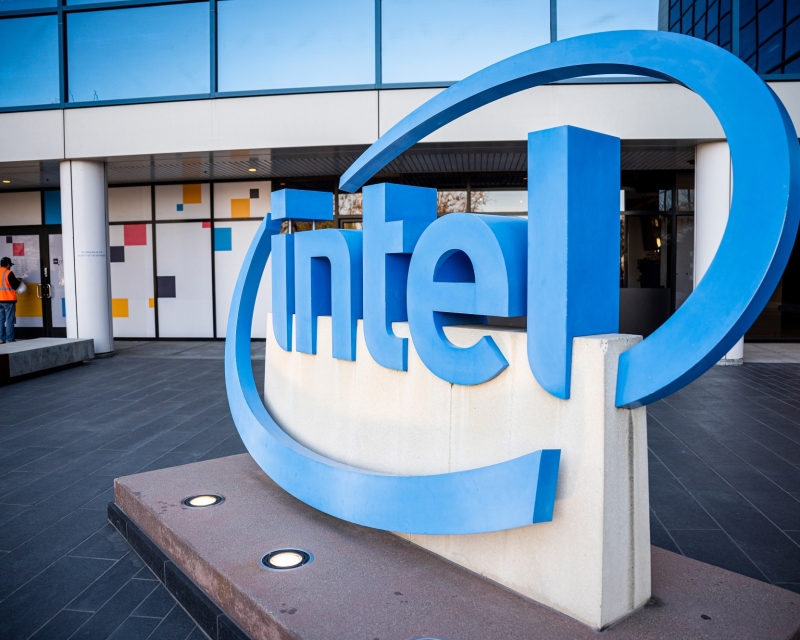Intel Shares Plummet Amid Major Layoffs and Dividend Pause
Intel’s stock took a nosedive today following the company’s announcement of a drastic cost-cutting strategy, which includes slashing nearly 17,000 jobs and pausing its dividend. The chipmaker, known for its pioneering role in the semiconductor industry, plans to “resize and refocus” its workforce in response to shifting market dynamics and declining sales.
The move comes as Intel grapples with a challenging landscape where demand for AI chips, predominantly supplied by competitors like Nvidia, has surged. This shift has diverted attention and sales away from Intel’s non-AI product offerings, leading to a 1% drop in revenue to $12.8 billion. The financial hit is stark, with the company reporting a loss of $1.6 billion this quarter, a sharp contrast to the $1.5 billion profit recorded in the previous quarter.
Intel’s decision to lay off 17,000 employees, a significant portion of its 116,500-strong workforce, underscores the severity of the situation. This workforce reduction is part of a broader initiative aimed at saving $10 billion, as Intel seeks to streamline its operations and adapt to the evolving demands of the tech industry. The company’s leadership described these measures as necessary steps to ensure long-term sustainability and competitiveness.
The suspension of Intel’s dividend has also rattled investors. For years, the dividend has been a steady source of income for shareholders, providing reassurance amidst the company’s fluctuating performance. The pause, intended to preserve cash flow during this period of restructuring, has been met with disappointment and concern from investors, contributing to the stock’s sharp decline.
Market analysts have mixed reactions to Intel’s aggressive cost-cutting plan. Some view it as a prudent and necessary measure to reposition the company in a rapidly changing market, while others express skepticism about the long-term impact on employee morale and the company’s innovation capabilities. The semiconductor industry is notoriously competitive, and maintaining a cutting-edge workforce is crucial for staying ahead.
Intel’s current predicament highlights the broader challenges faced by legacy tech companies in an era increasingly dominated by AI and advanced computing. As the market continues to pivot towards AI-centric technologies, companies like Intel must navigate these changes to retain relevance and profitability.
For now, Intel’s immediate future looks uncertain. The coming months will be critical as the company implements its restructuring plan and attempts to regain investor confidence. The tech giant’s ability to adapt to the rapidly shifting landscape will determine its trajectory in the years ahead.






